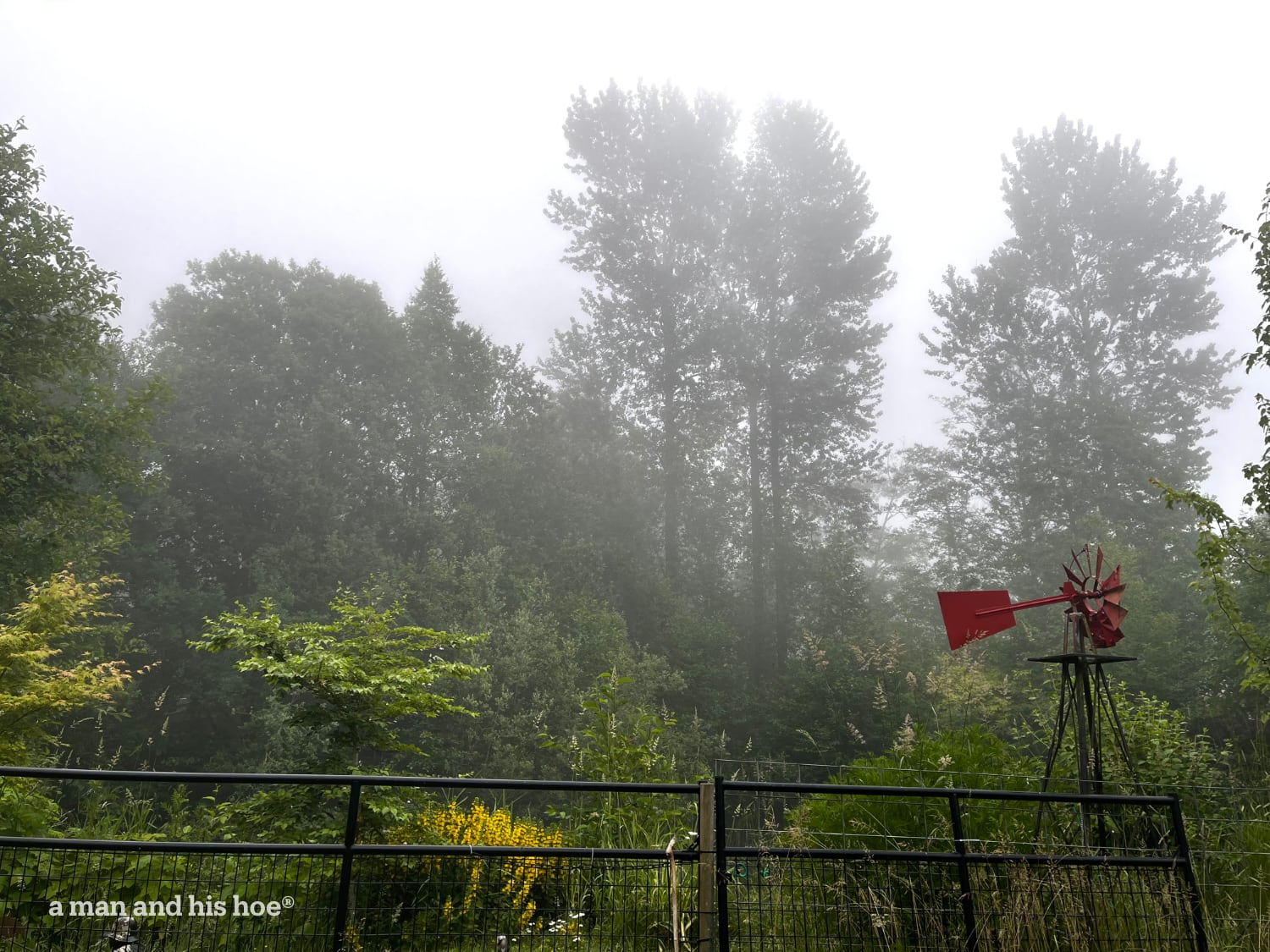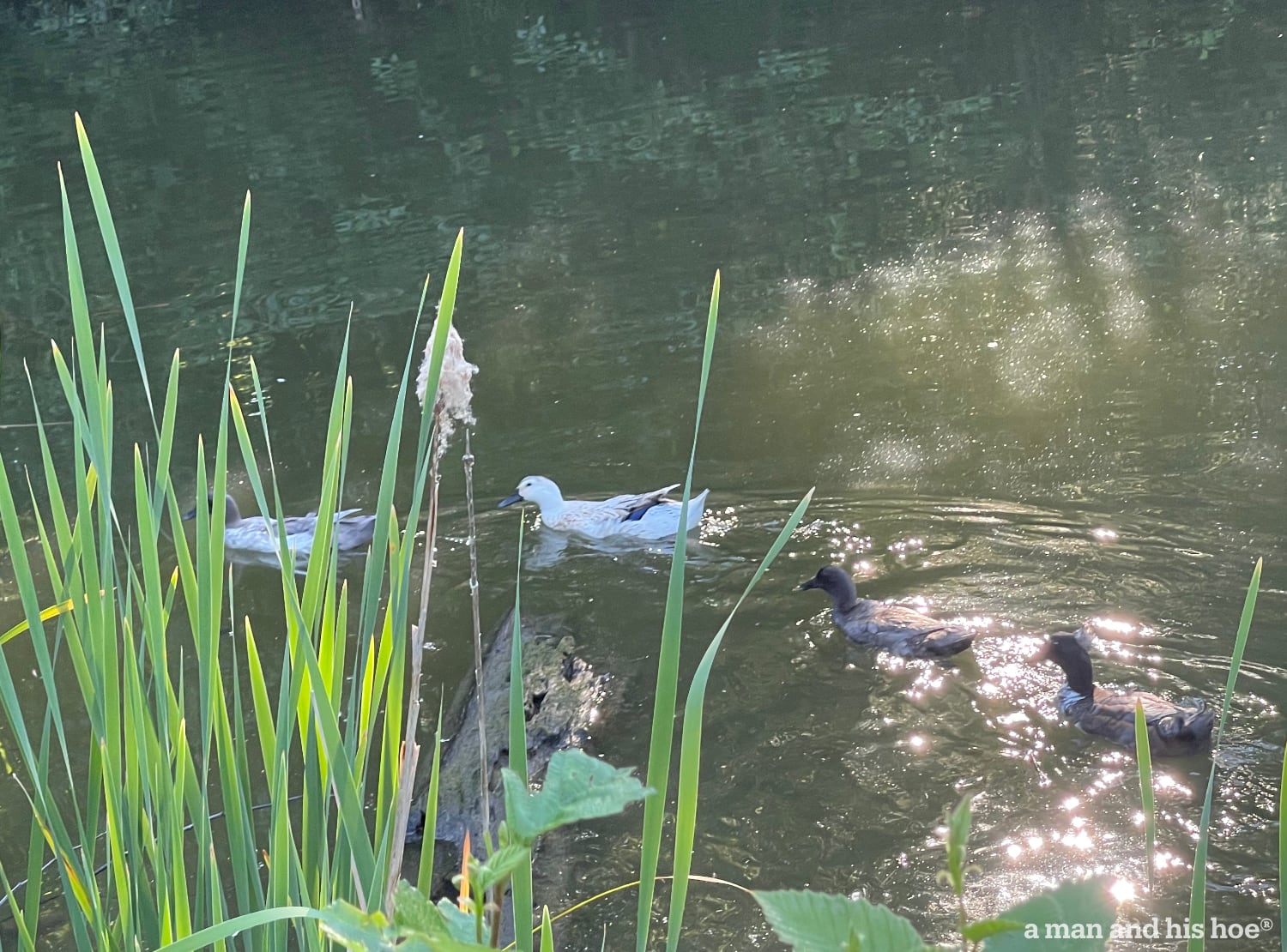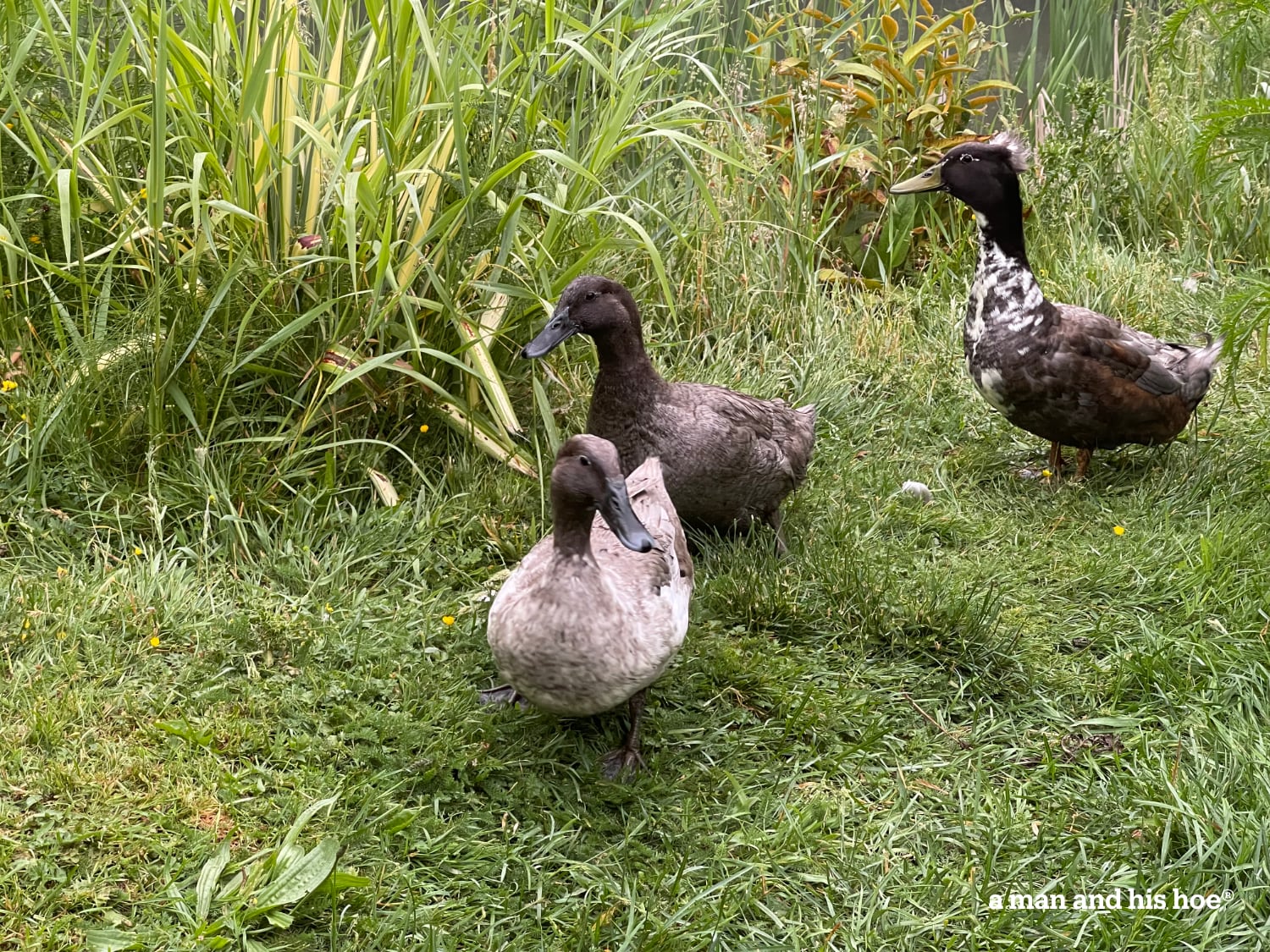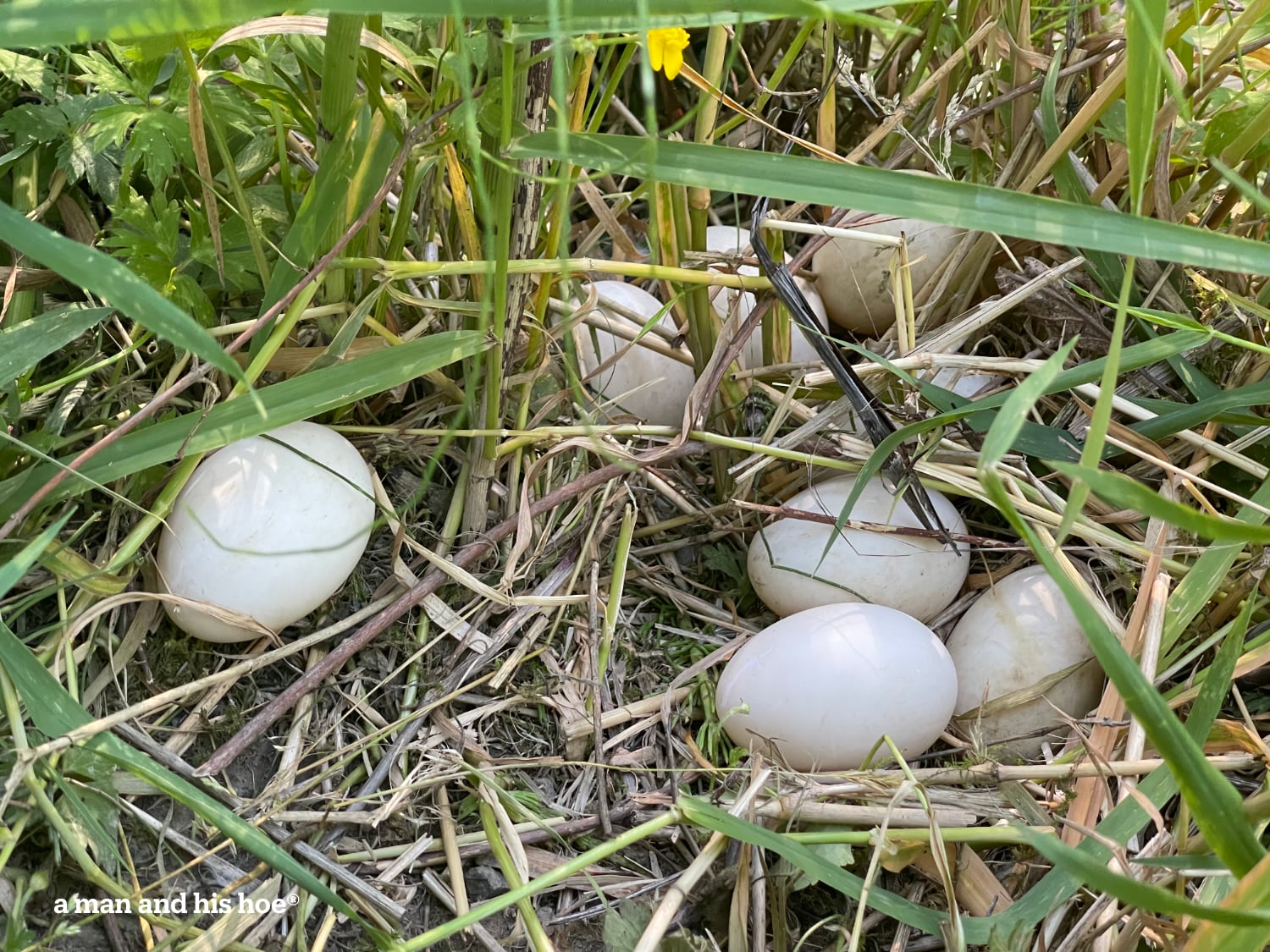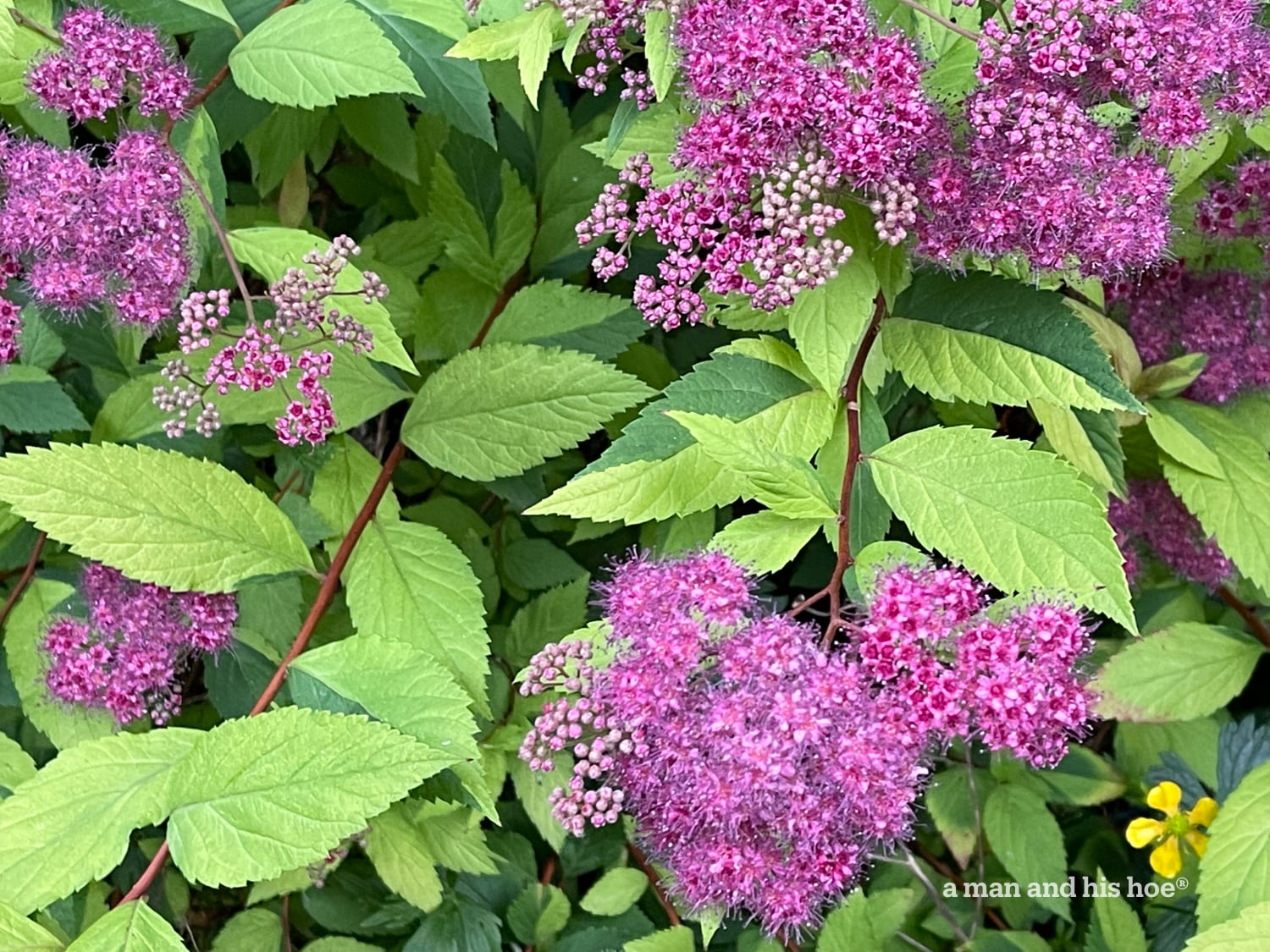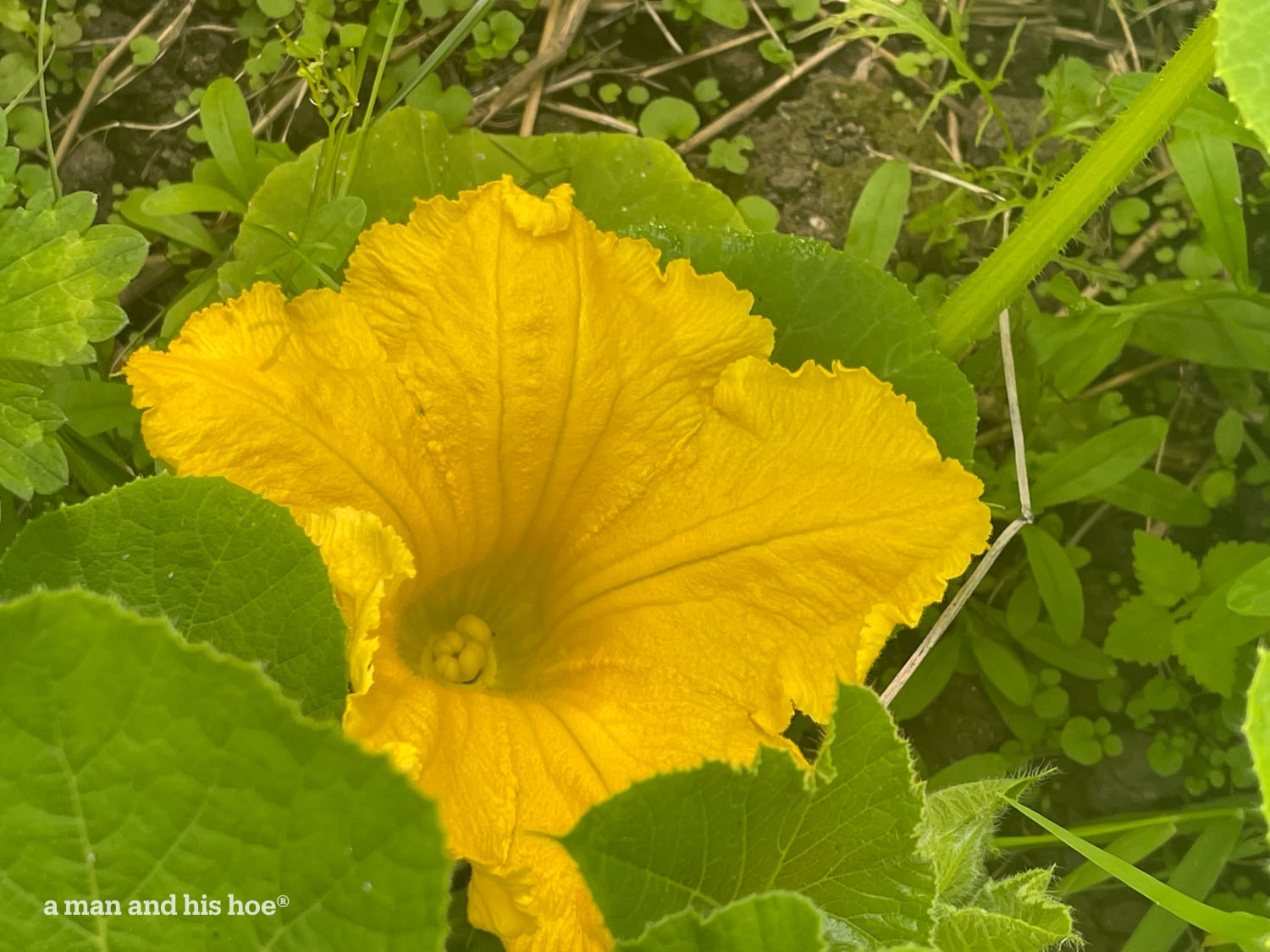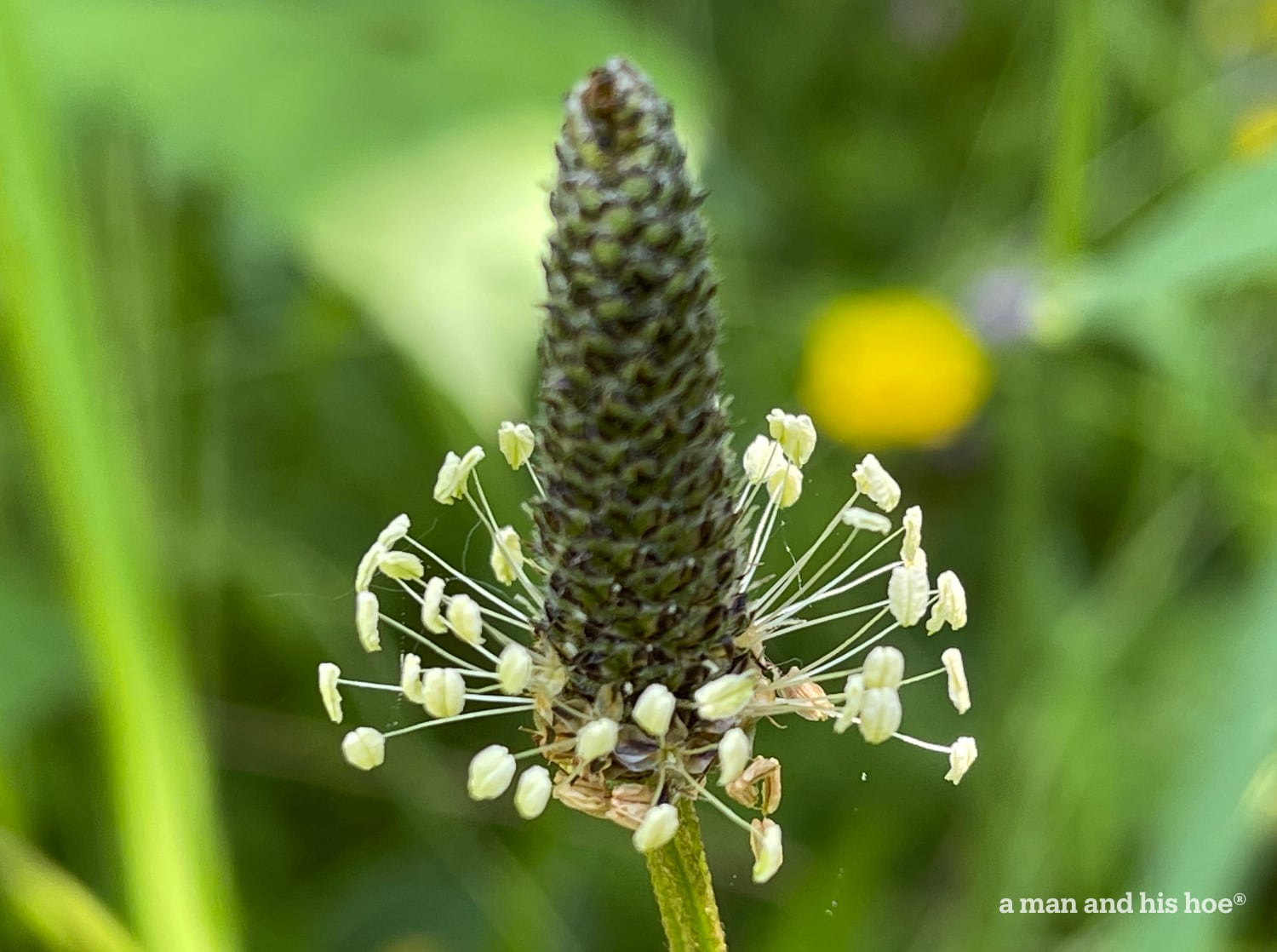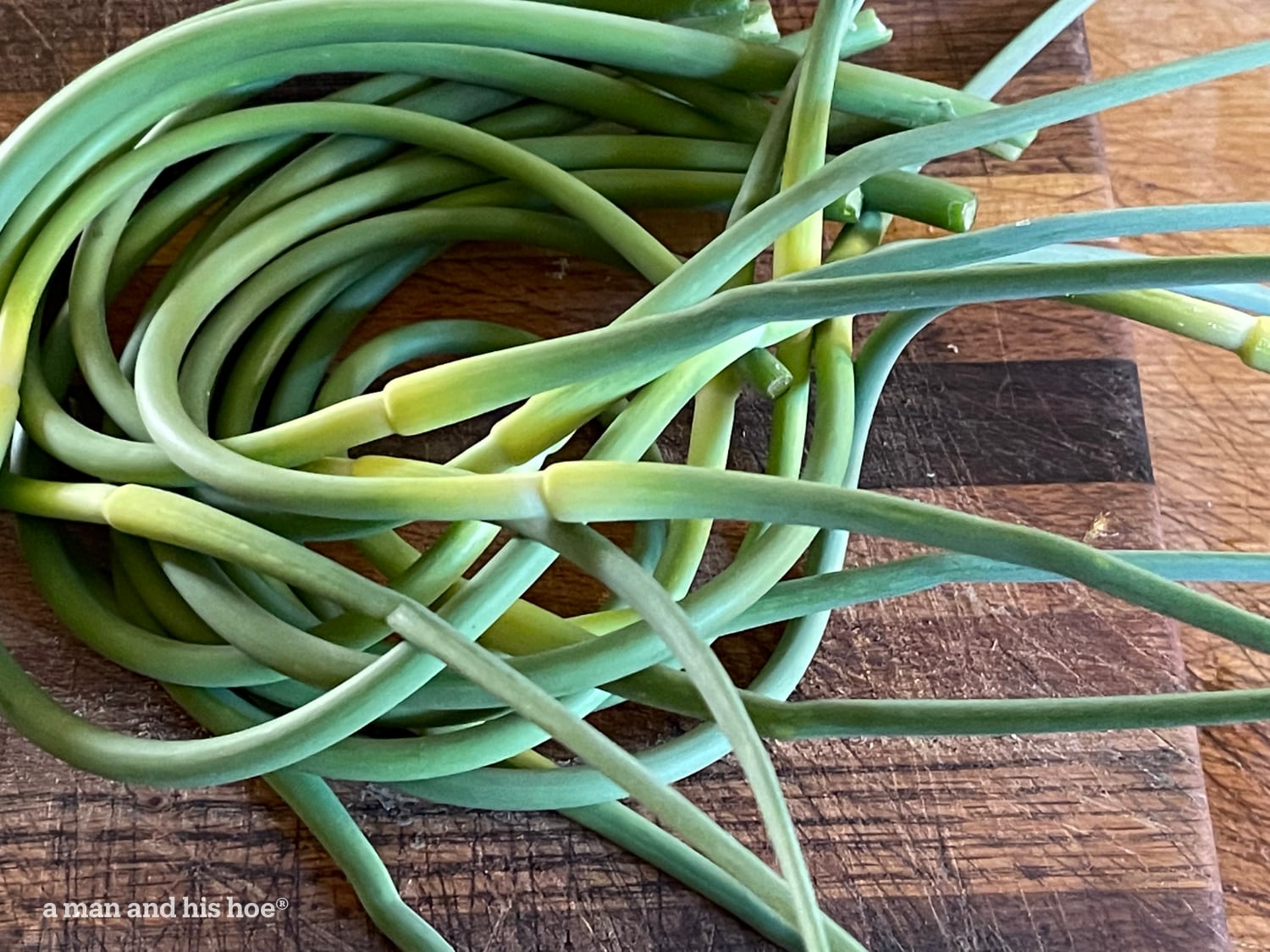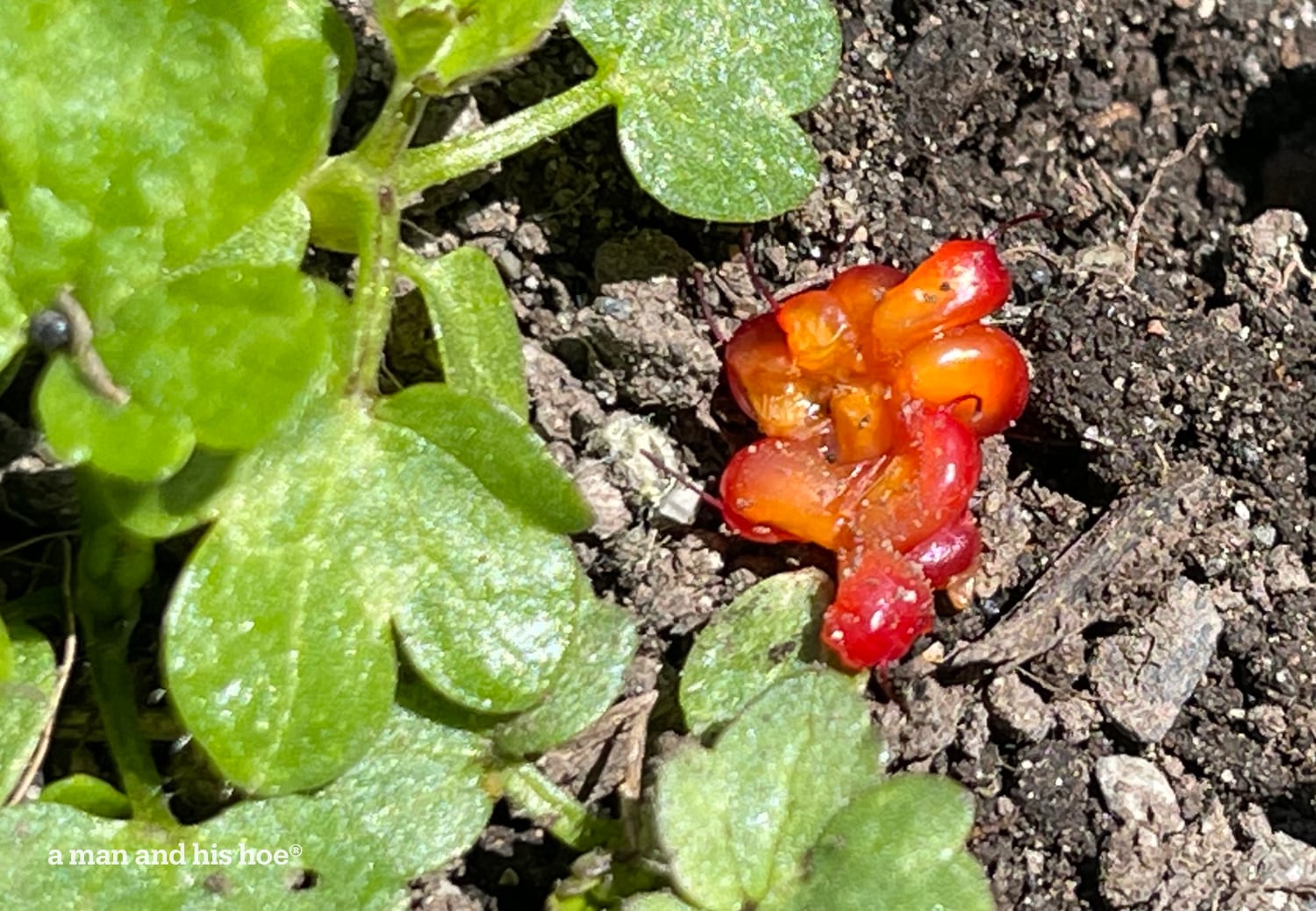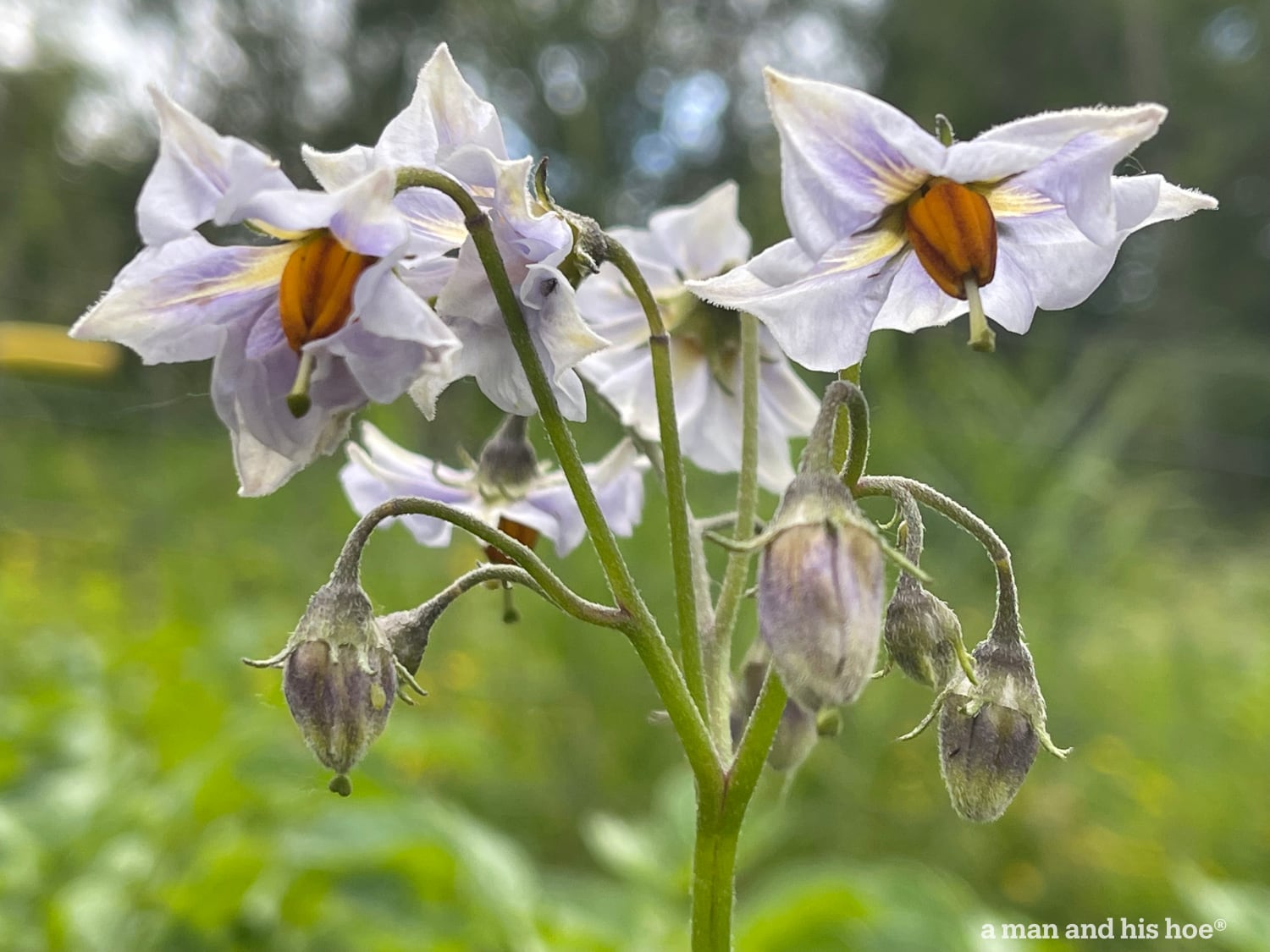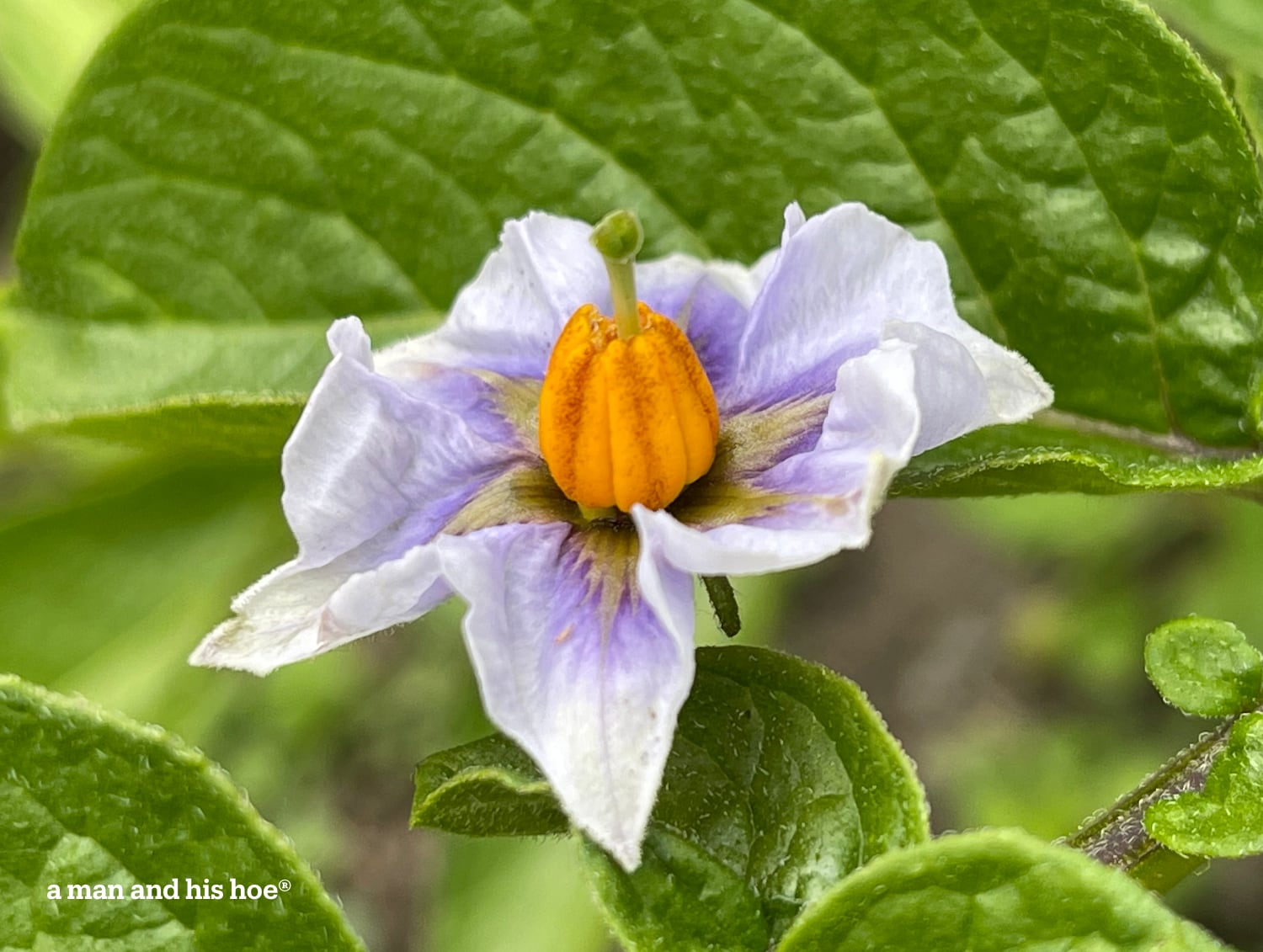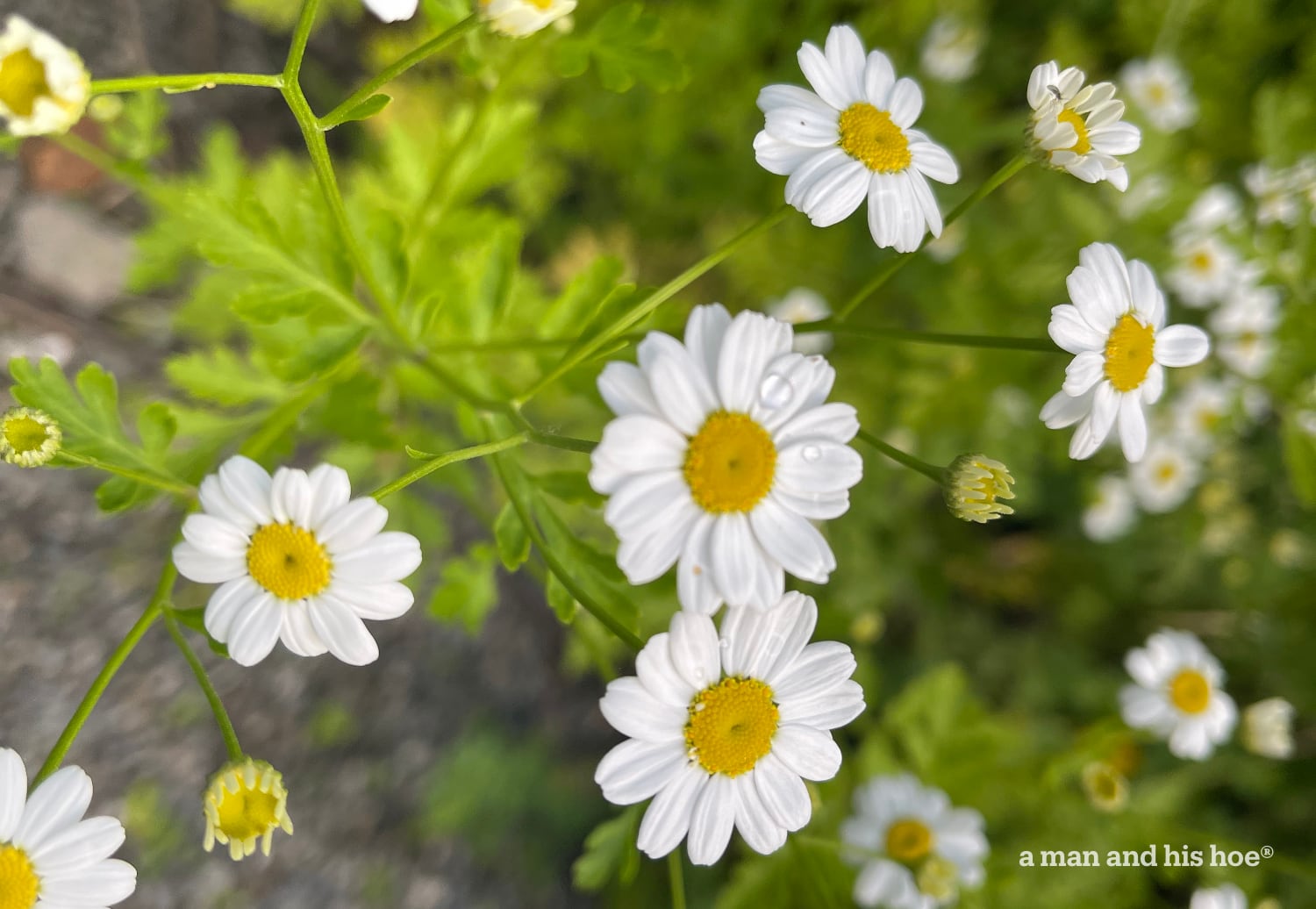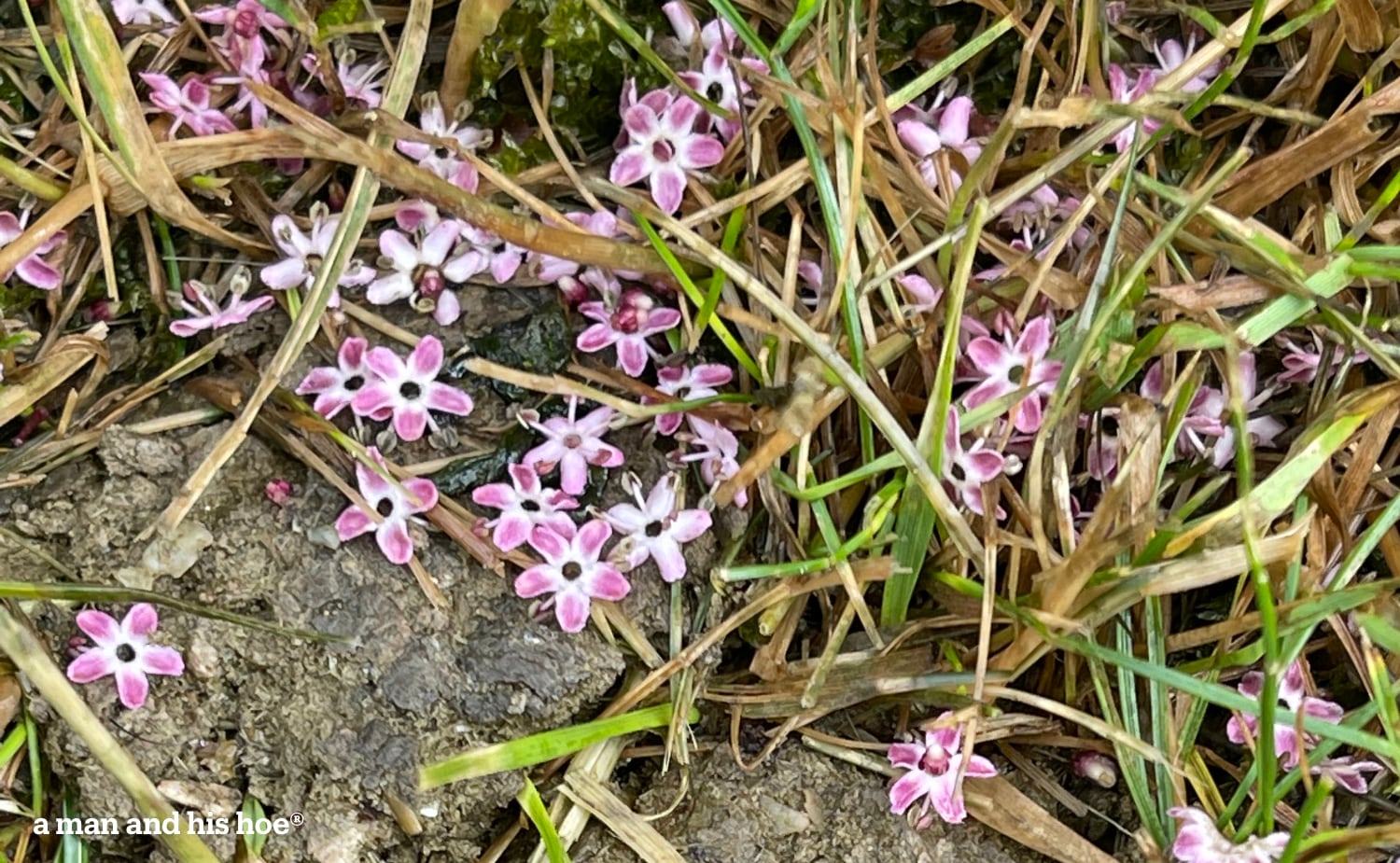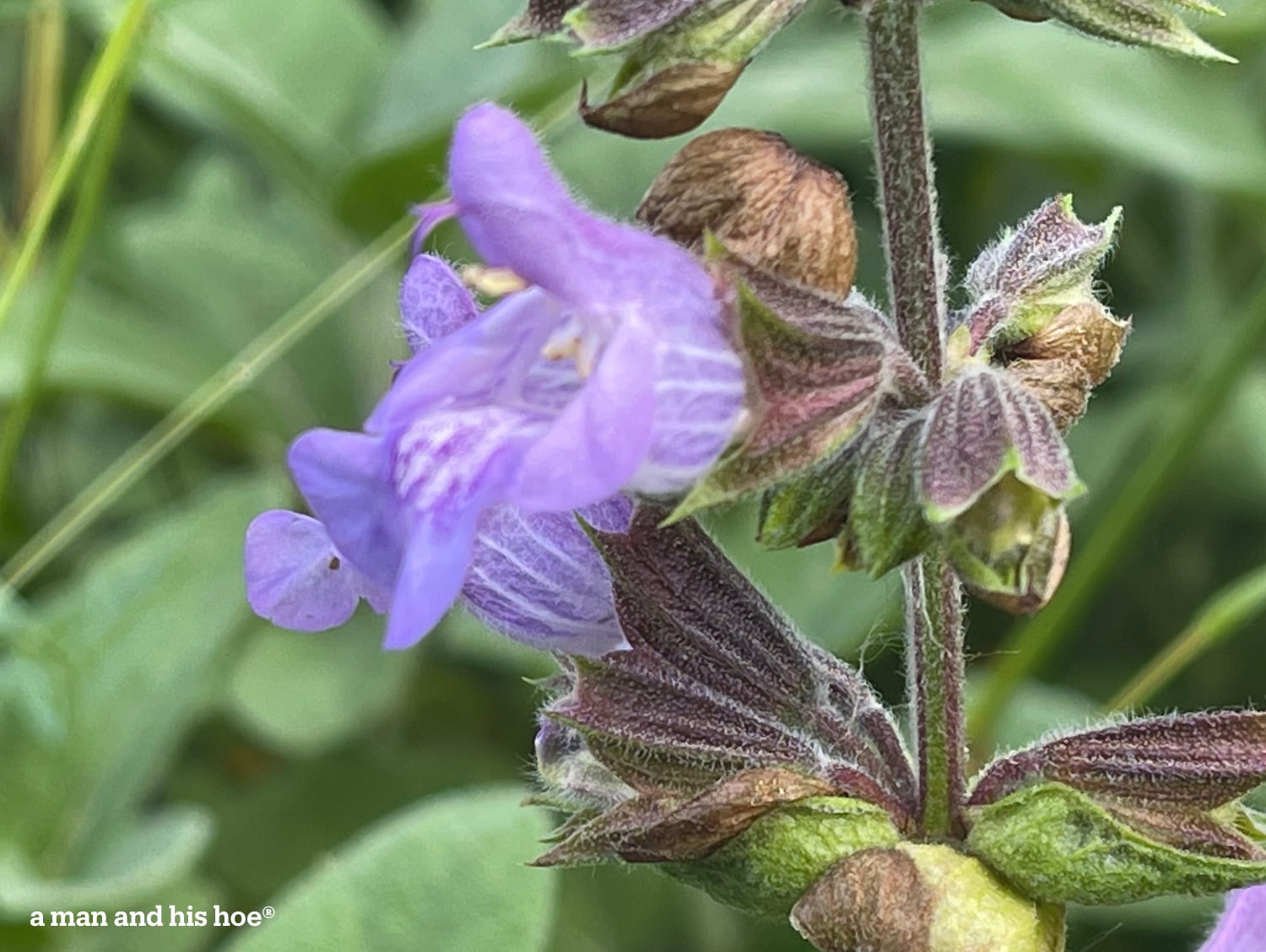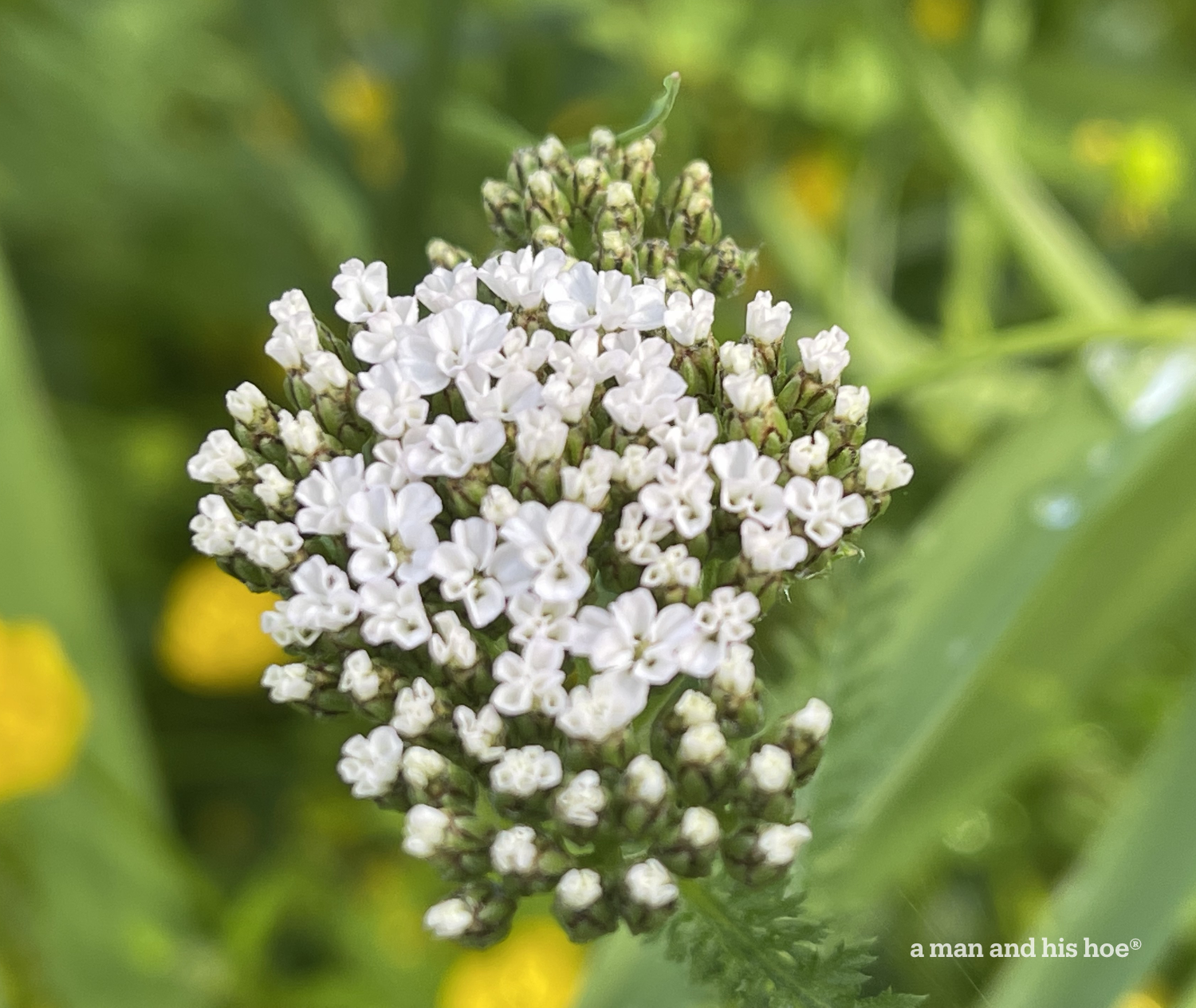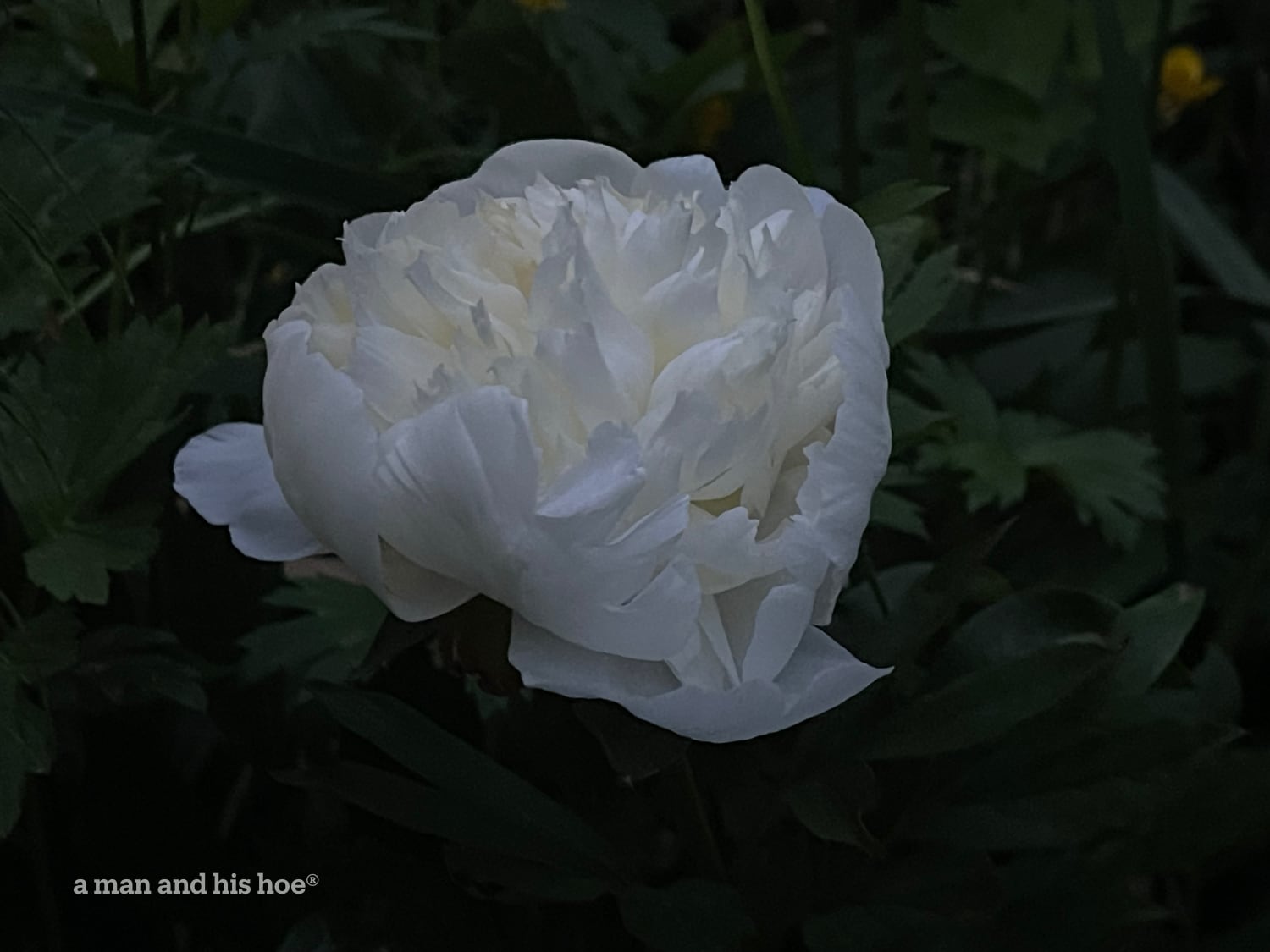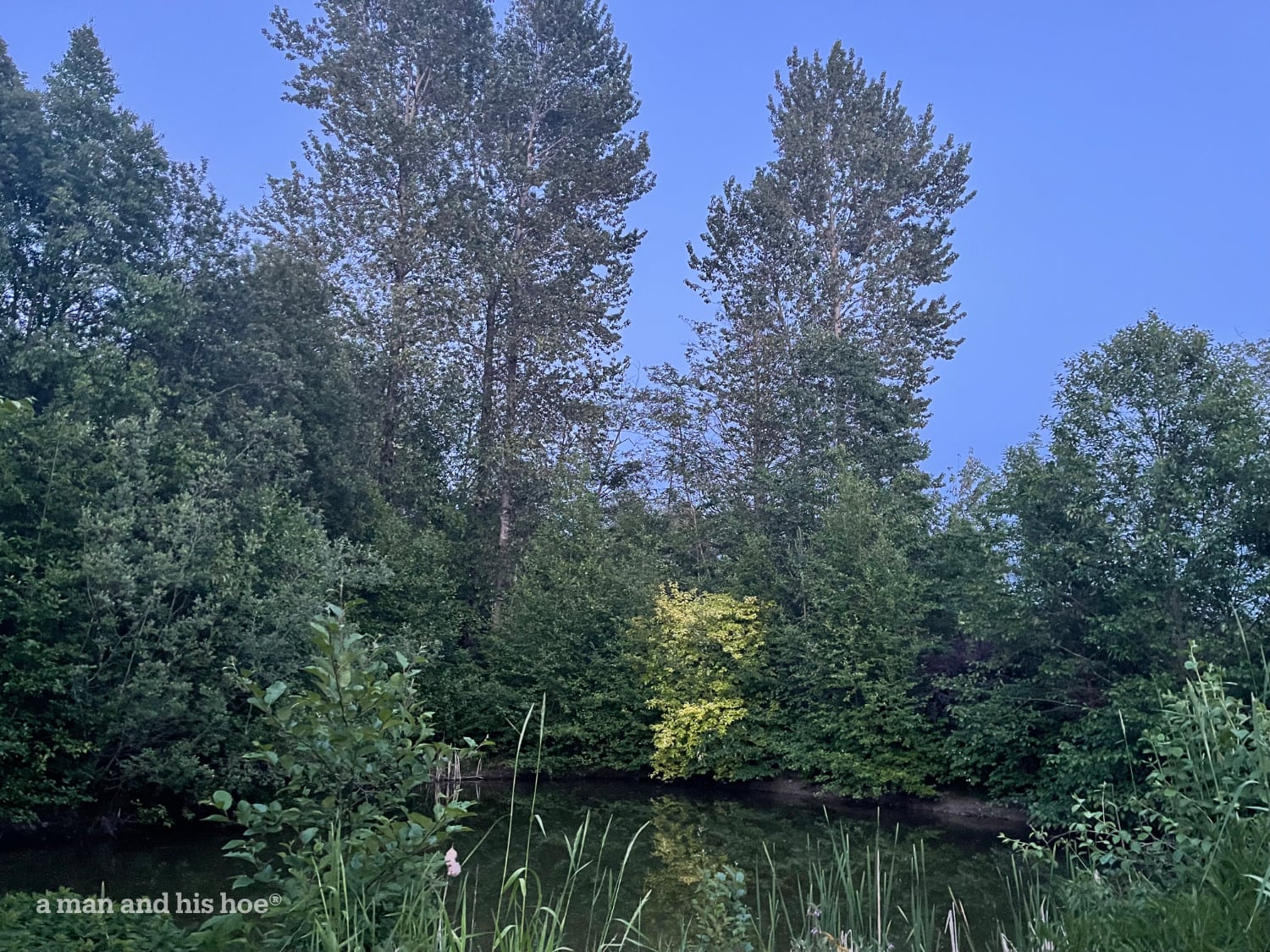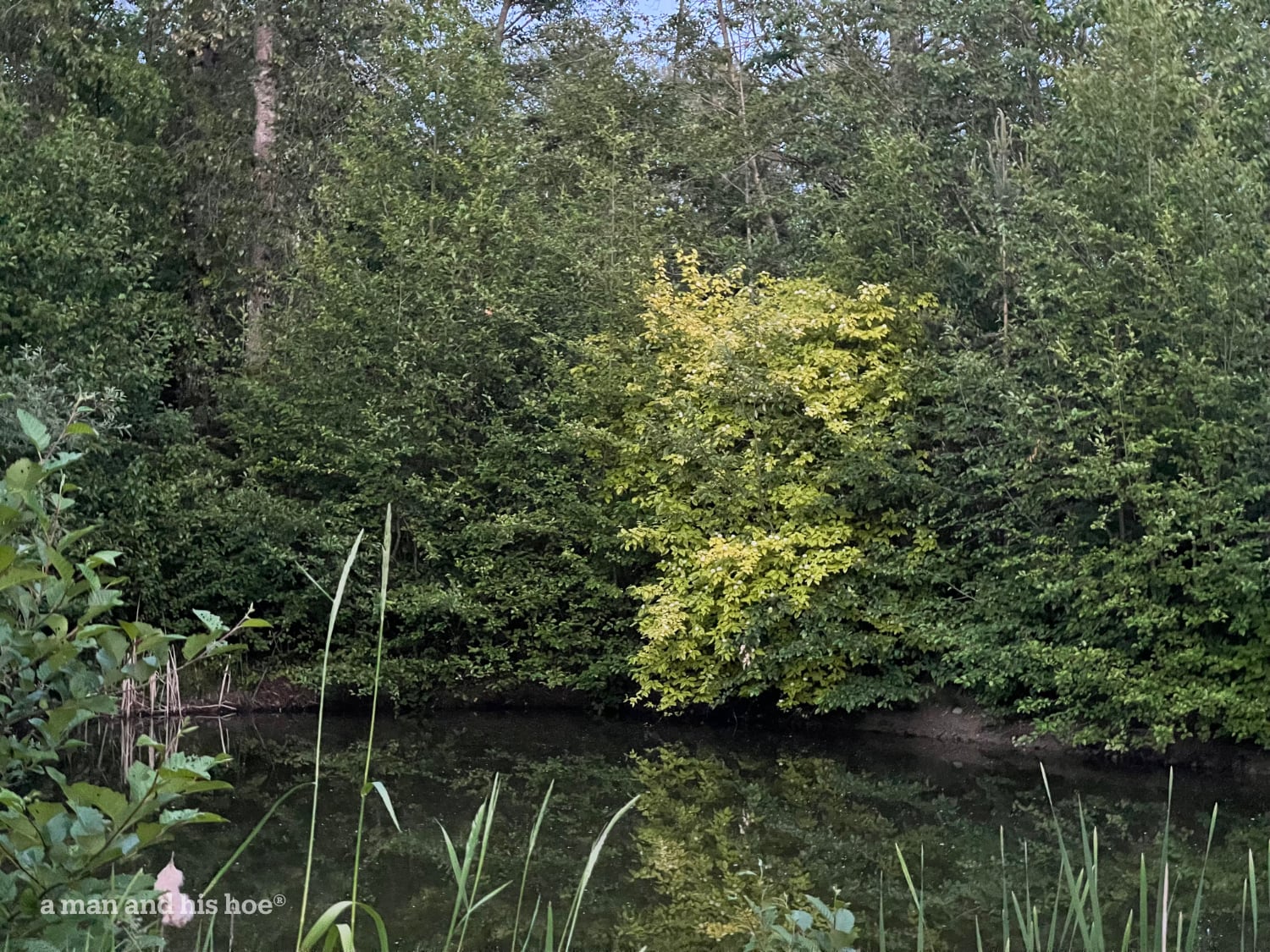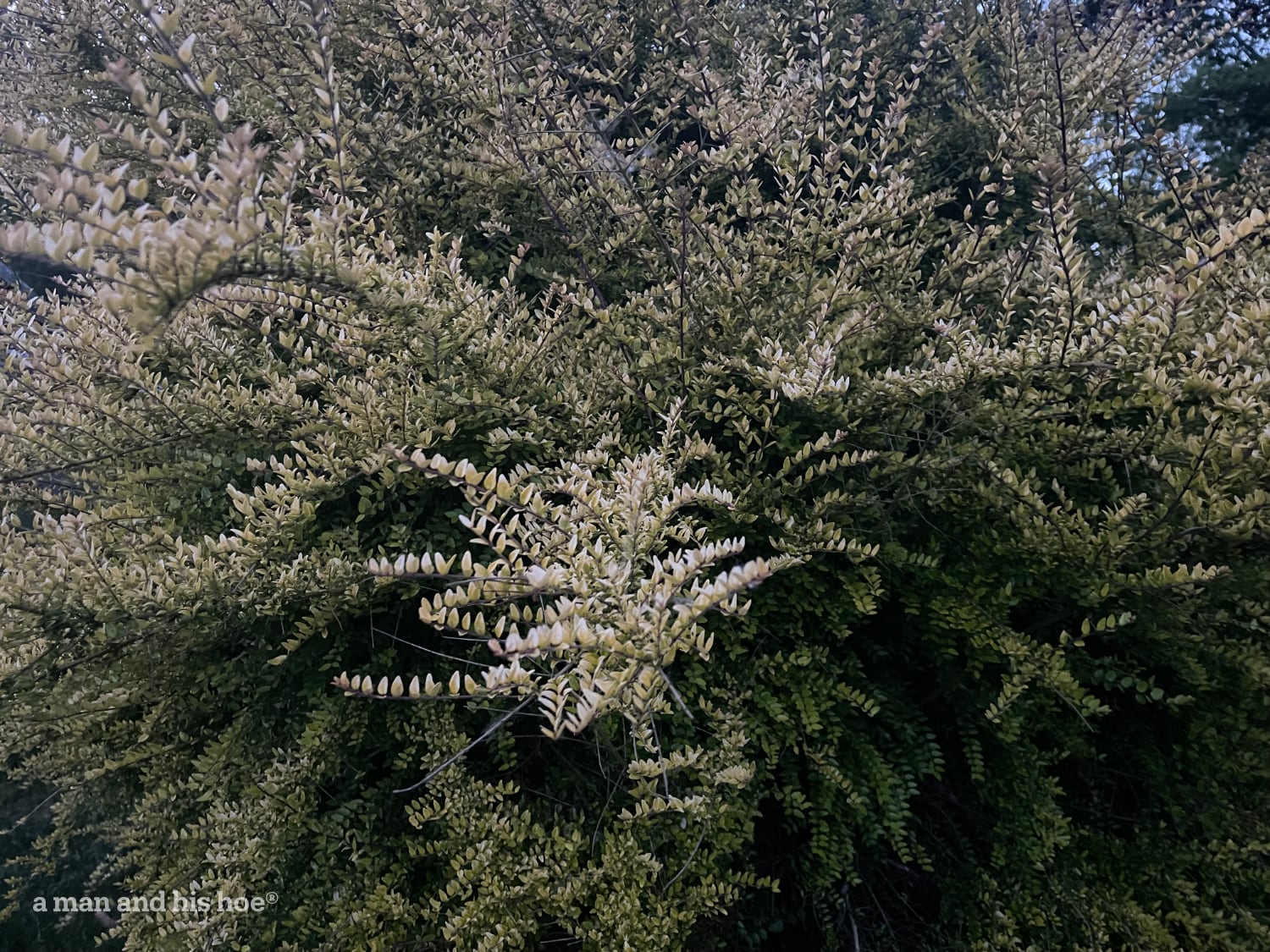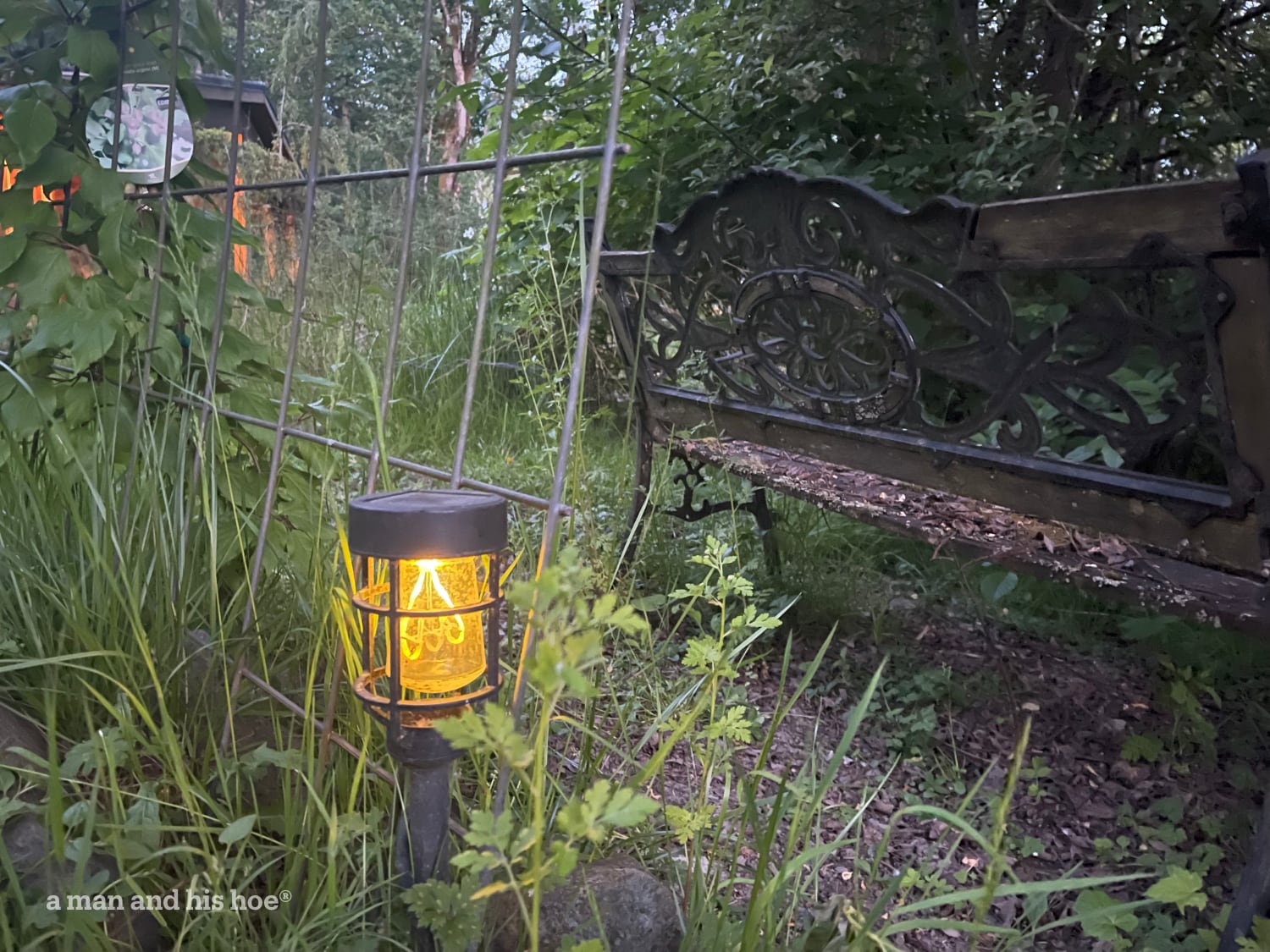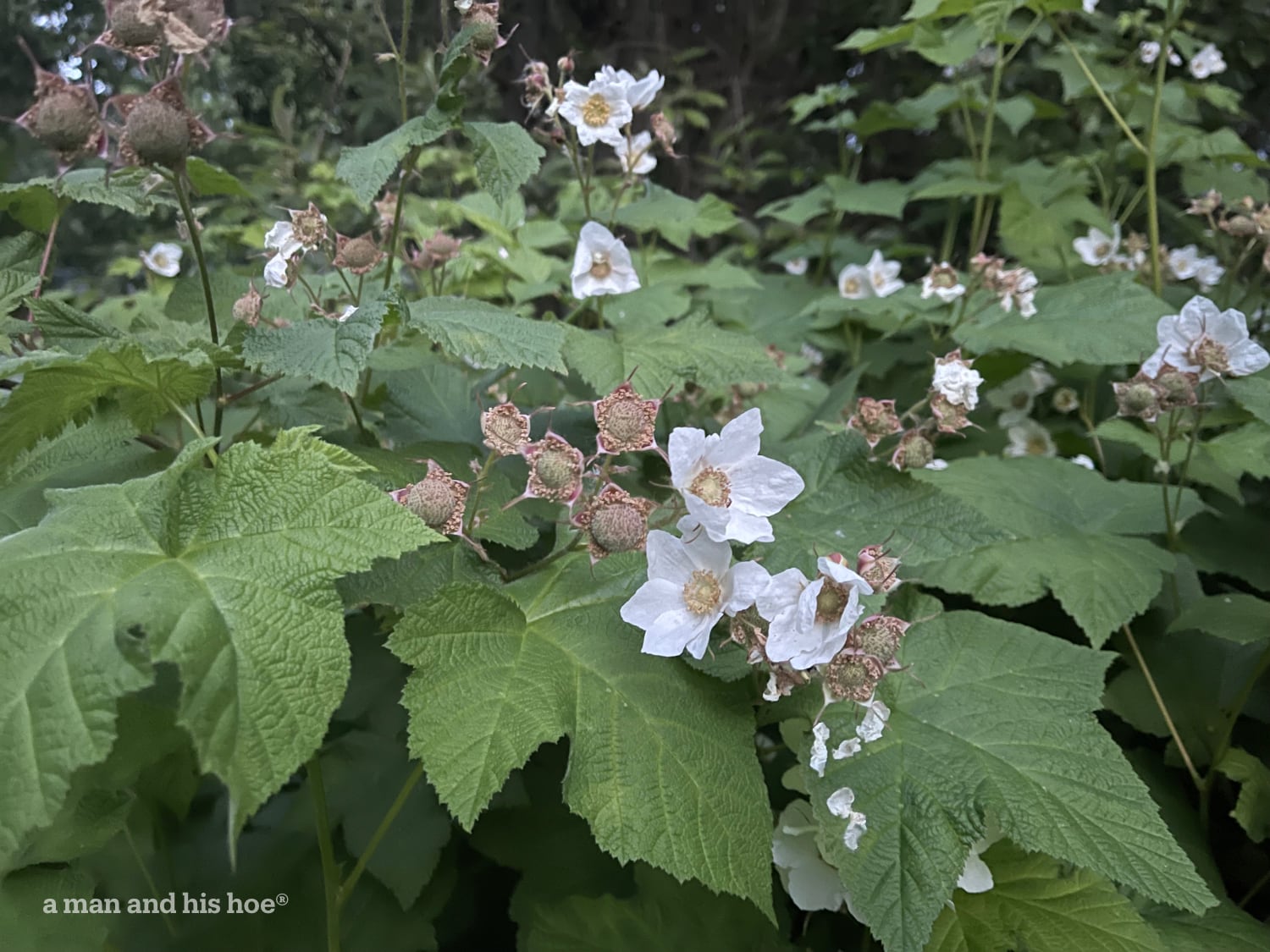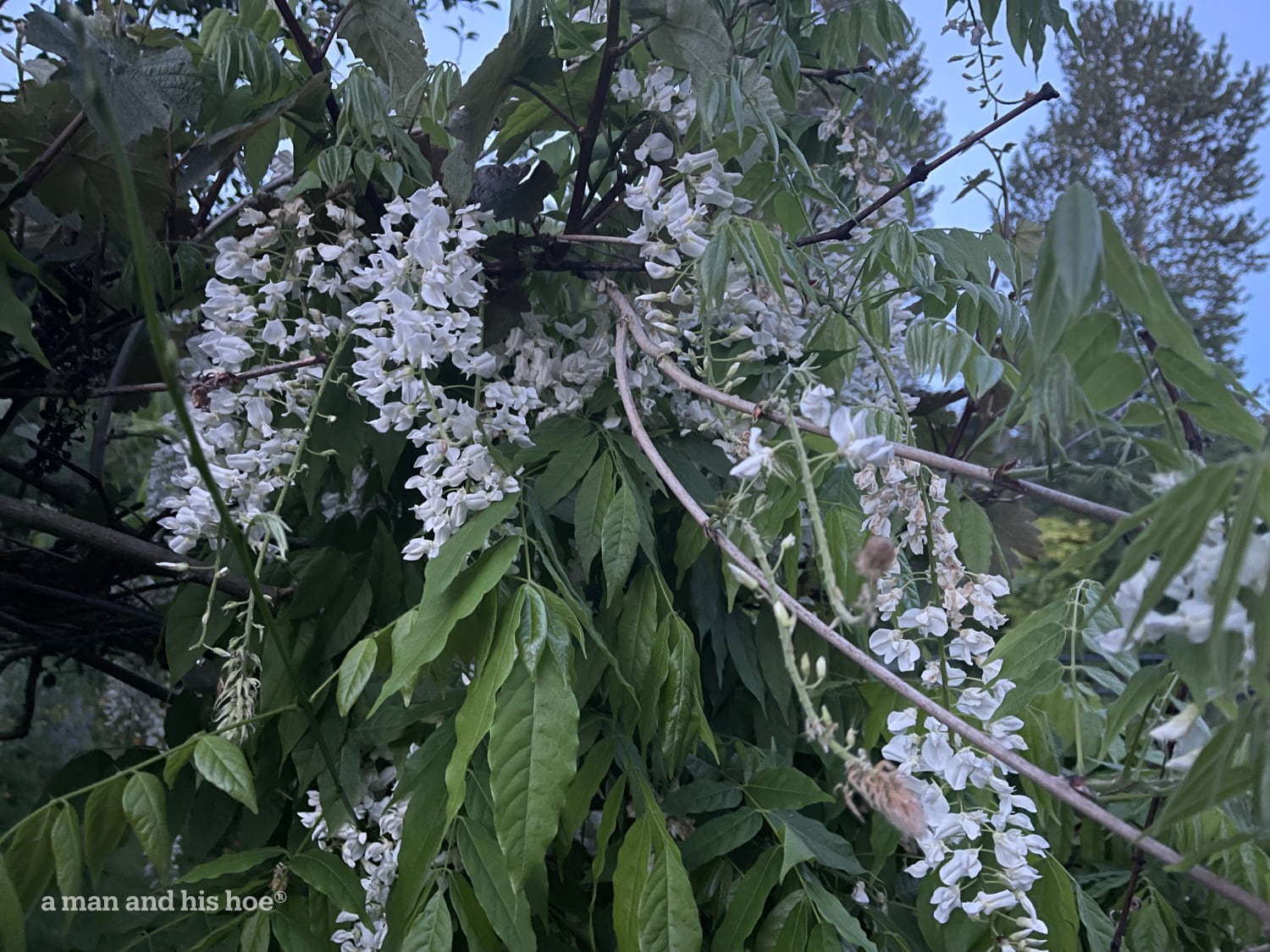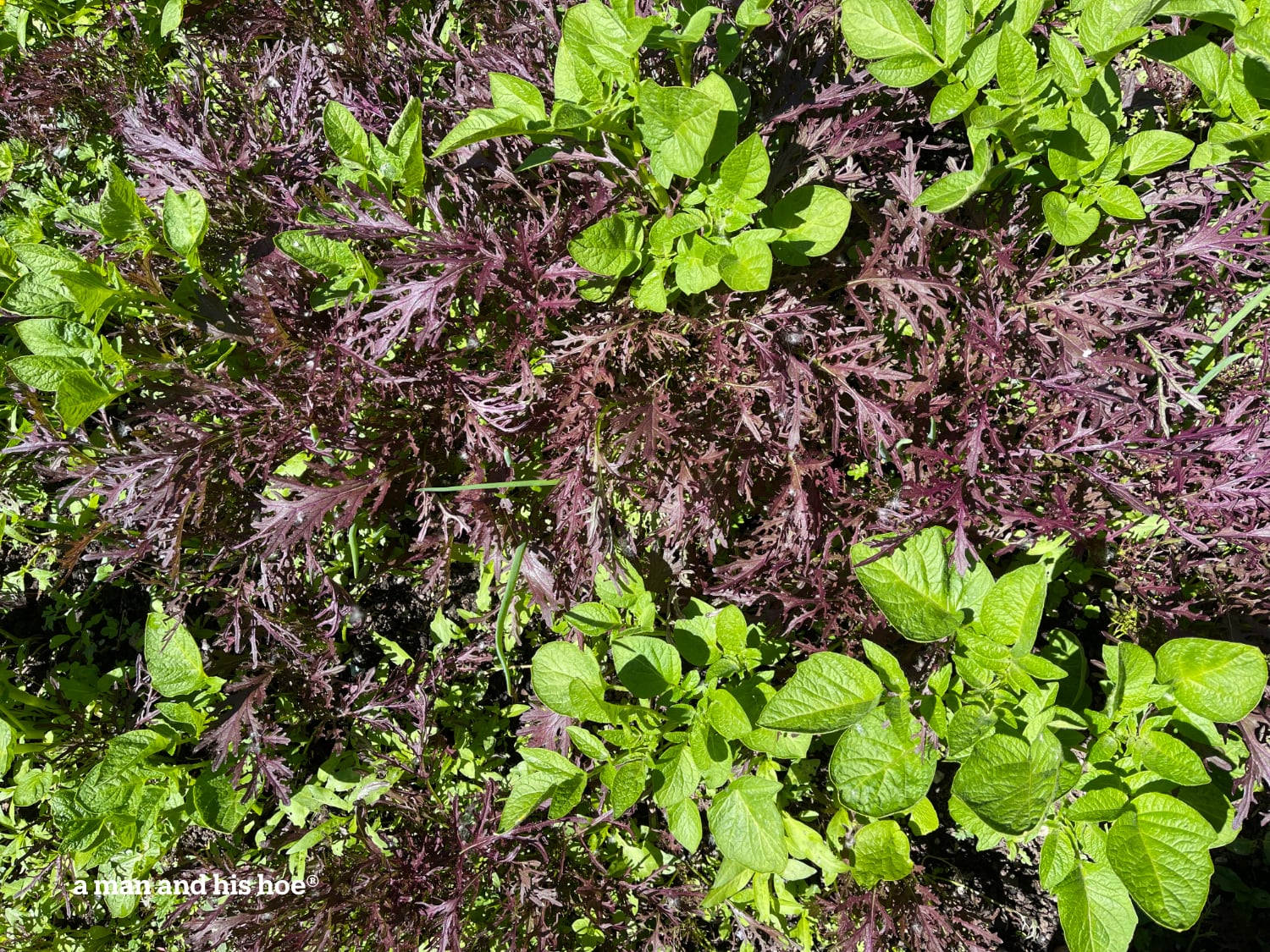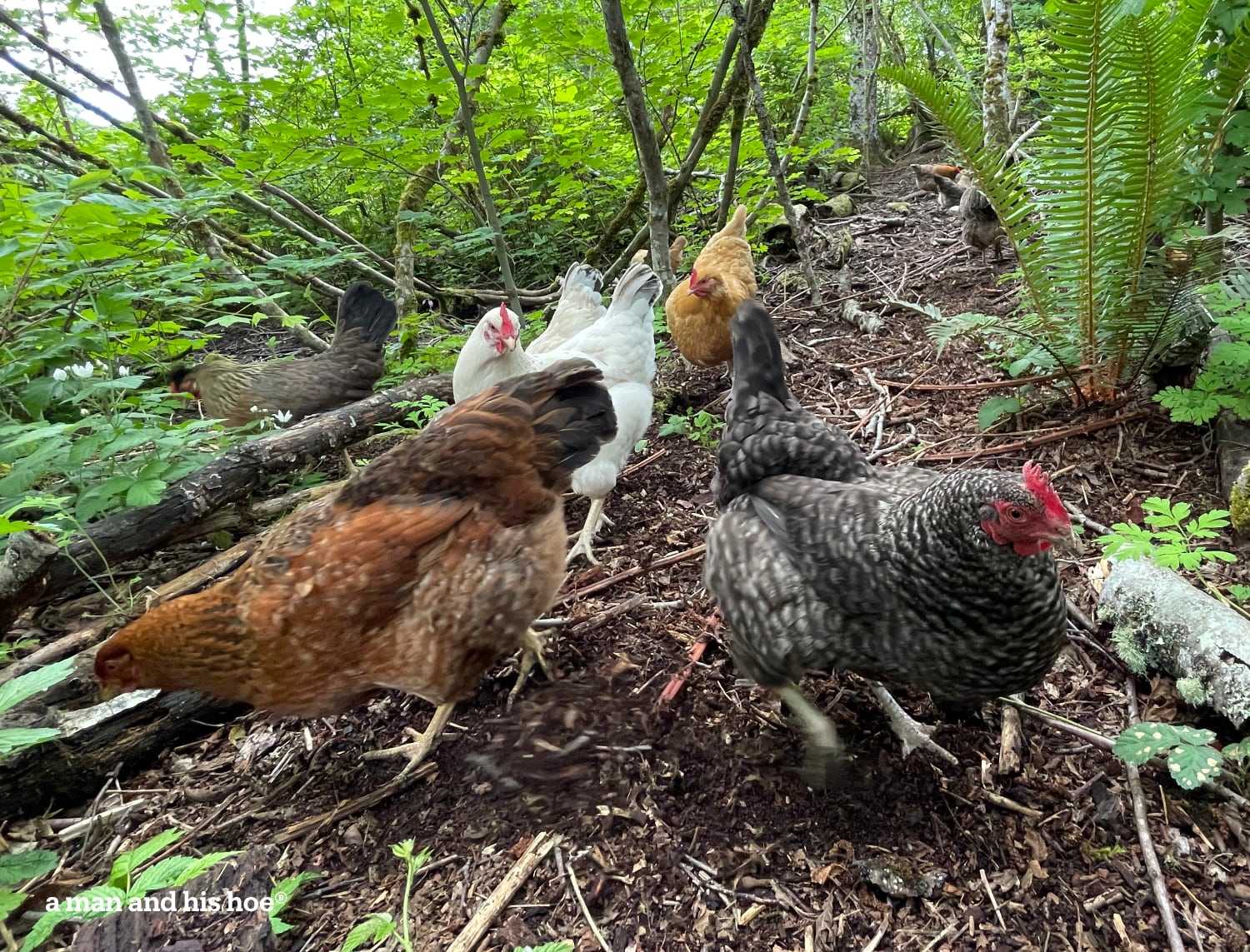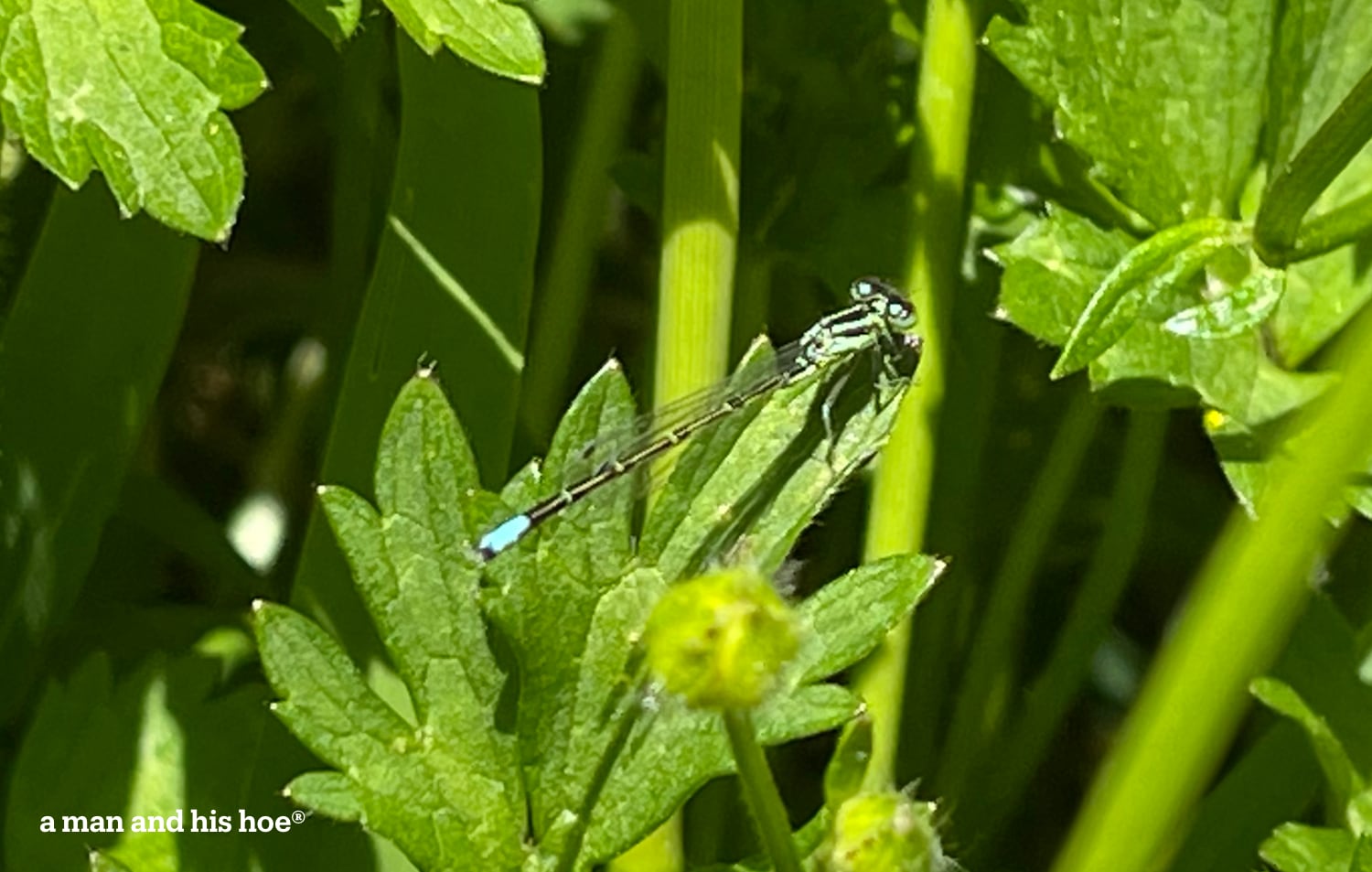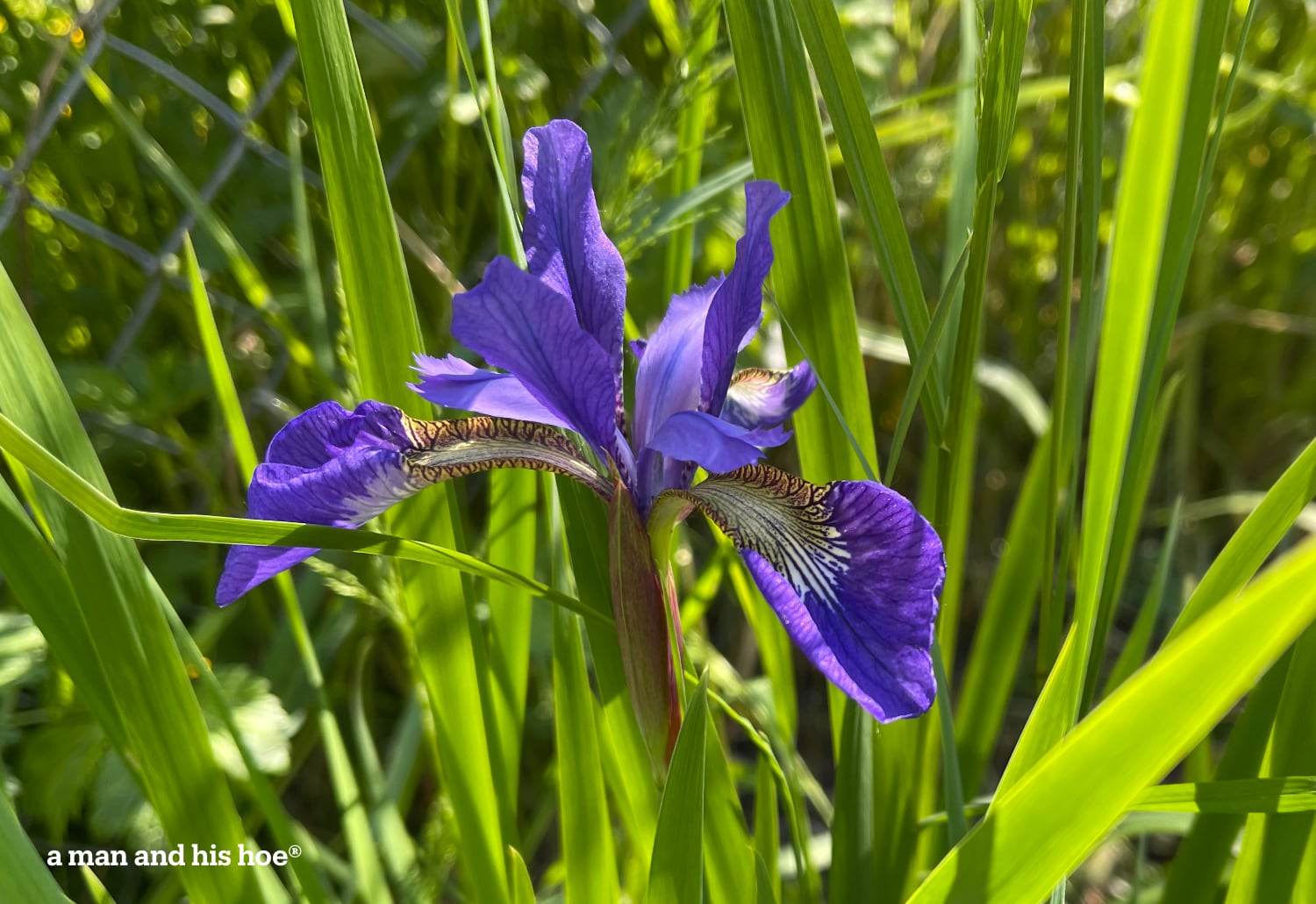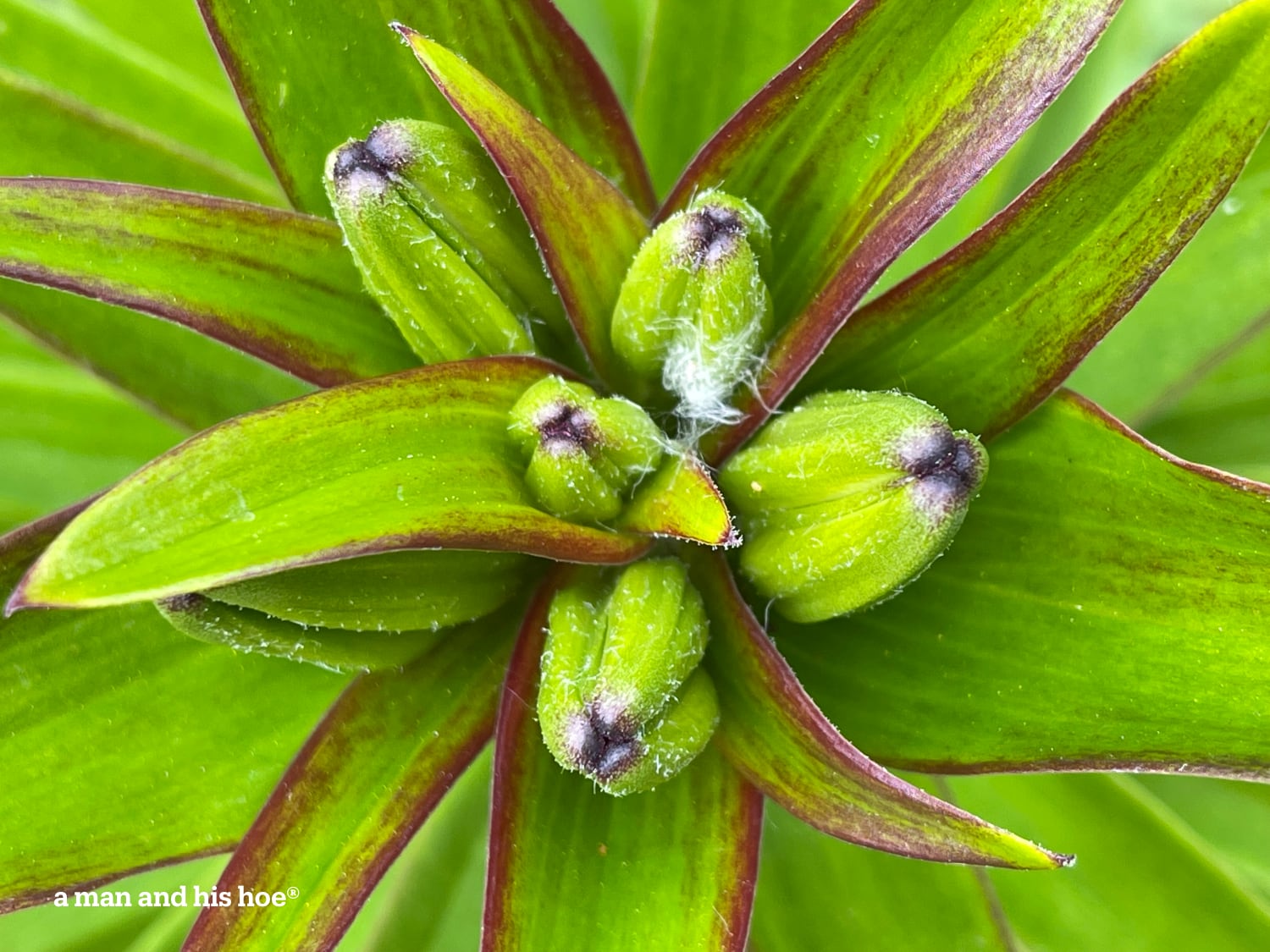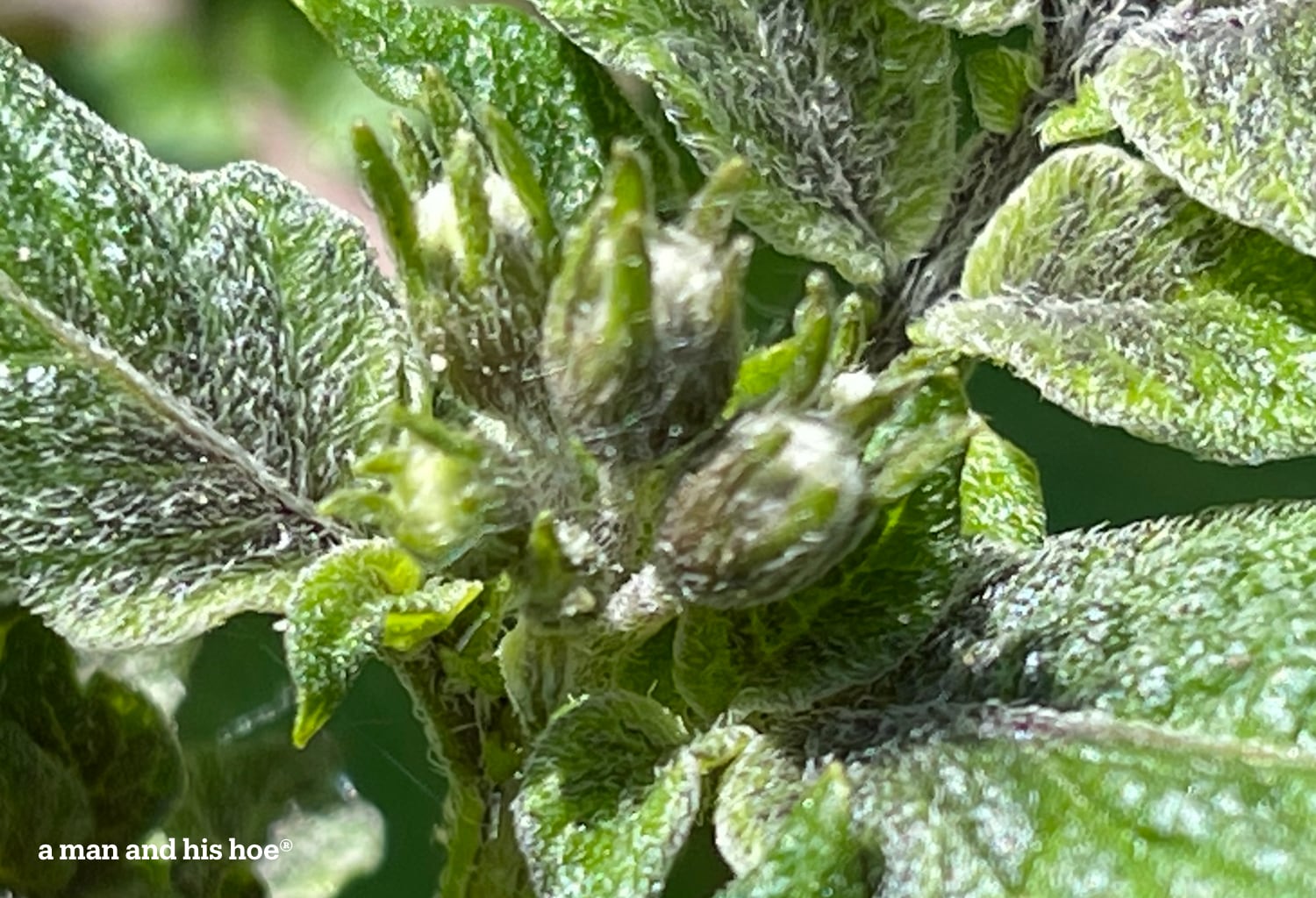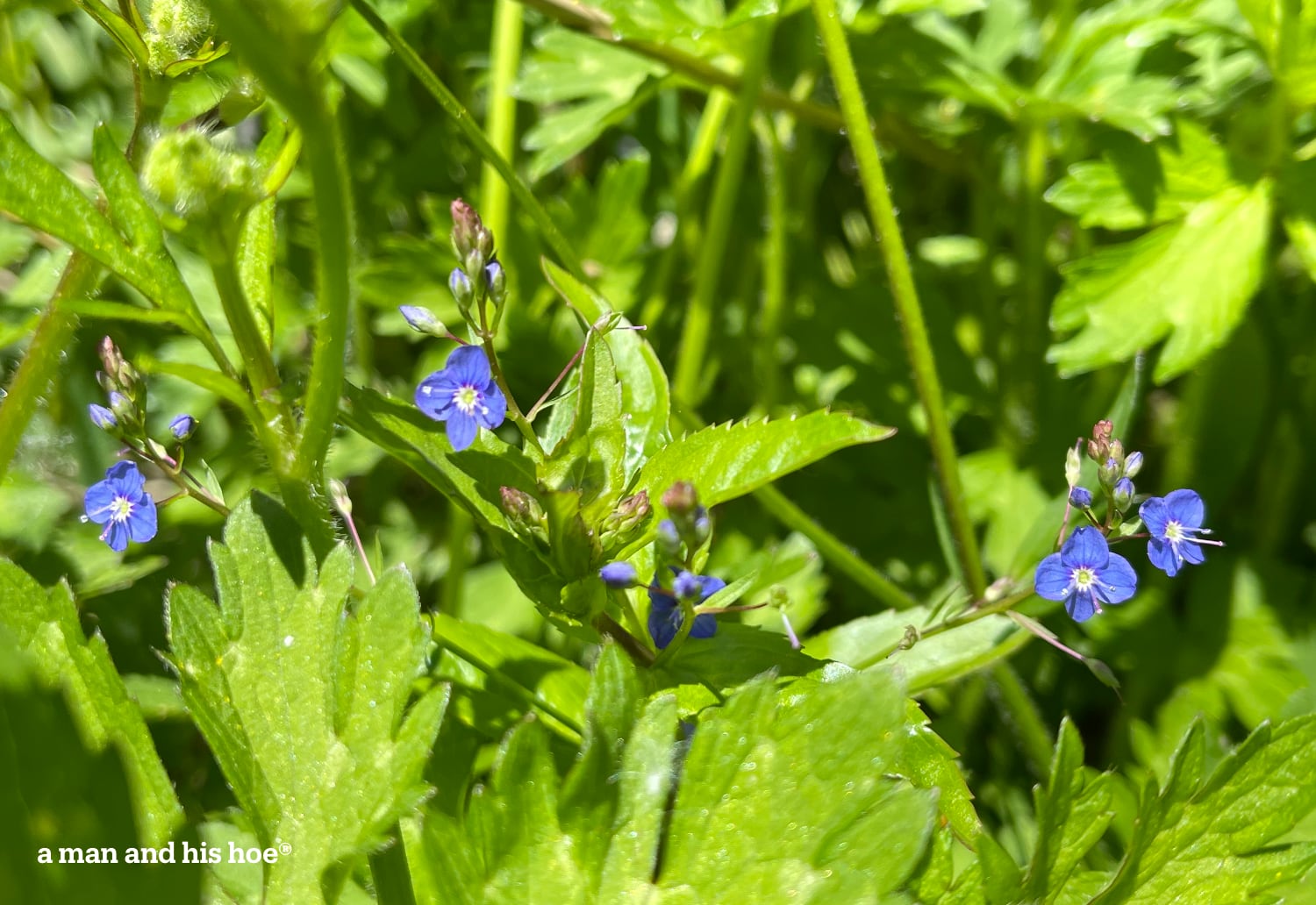
It is cool again. The heat has passed. Cool air from the Pacific has pushed the heat to the east. We were lucky. The hottest it got here was 90ºF (32ºC) on Monday, the first time it was gotten that hot in the 16 years we have lived here.
Initially the forecast was for much hotter temperatures, but we are close enough to the bay that afternoon sea breezes tempered our heat. Short distances to the east, temperatures soared.


But what will it be like ten years from now, twenty? Will we look back to 2021 and long for summers when it only got to 90º?

Snow and the other hens are sitting on eggs. The last time I looked, Snow had five eggs. Five ducklings I can handle. However, Duchess, is sitting on 12 eggs. Grey Queen must also be on a nest, but where? And how many eggs?
